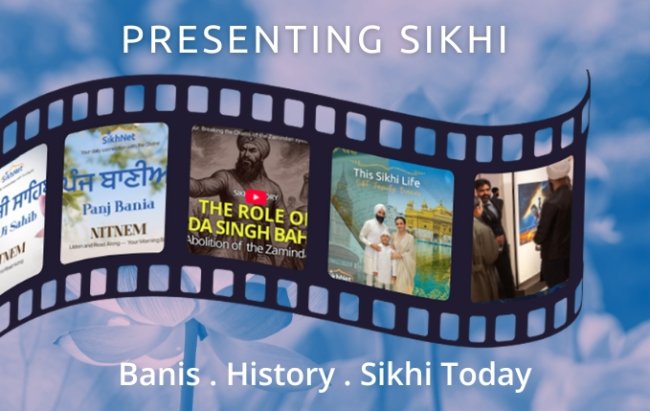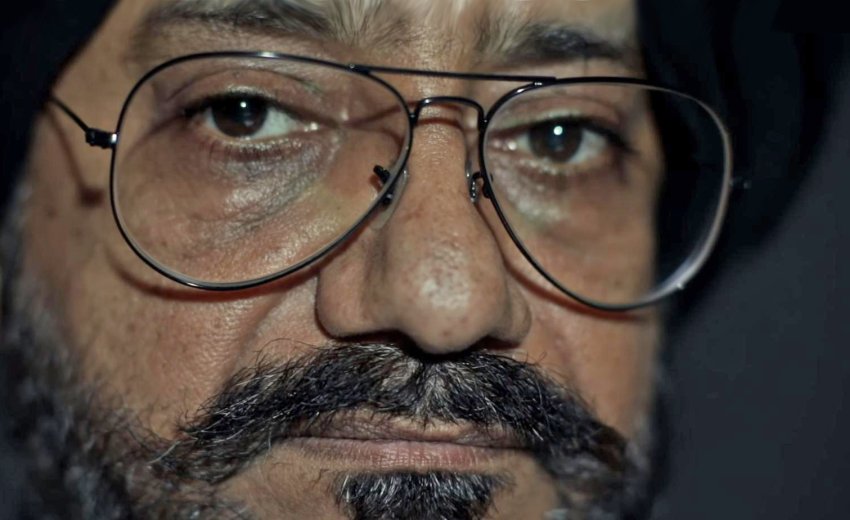THE 1907 EPISODE in a seaside timber town in Washington came to be known as the Bellingham Riots. Really, though, there were no riots. There was a pogrom.
At the time, the U.S. was suffering through deep economic distress, a panic-filled recession that had begun the year before. Angry anti-immigrant sentiment was ascendant. And hundreds of Sikh men who had traveled from India to Bellingham to toil in the lumber mills paid the price.
Some 500 white men, many of them members of the local Asiatic Exclusion League, descended on the Sikhs and other South Asians, routing them from the bunkhouses where they roomed and chasing them into the streets. Within hours, the entire Sikh population of Bellingham had fled, frantically piling onto trains and boats in search of some sort of refuge. Many had been physically battered.
I knew nothing about this incident until I visited Washington state this spring and met with members of the Sikh community there. For them, it was easy to draw at least some parallels between that century-old ugliness and recent events. Immigrants were again being demonized. Lost jobs were fueling white working-class despair and resentment. Hate crimes were reported to be up. Yelling, “Get out of my country!” a gunman had shot two Indian software engineers in an Applebee’s restaurant in Kansas. Closer to home, in Kent, a suburb of Seattle, a man had shot a Sikh in an apparent hate crime.
A few weeks after the shooting, on a gray March day, I met Hira Singh Bhullar at a café in Kent. “The shooting happened four or five blocks from here,” he said, gesturing in the direction of the crime scene with his finger.
Bhullar, who works in the IT department at the Starbucks headquarters in Seattle, was shaken. He’d lived for a time in Chattanooga, Tennessee. He never felt entirely safe there, always worried that somebody would accost or attack him.
But Bhullar had never felt threatened in Washington. Sure, some racists had posted mean comments on his Facebook page when he ran for the Kent City Council. Still, he didn’t take that kind of internet obnoxiousness too seriously. Now, though, things seemed different. He worried about what seemed to him to be a metastasizing meanness towards immigrants and members of minority religions.

